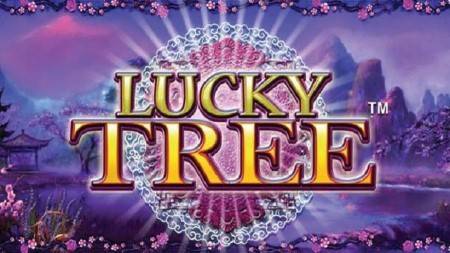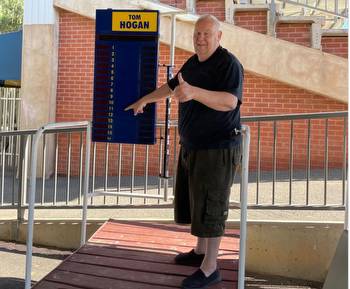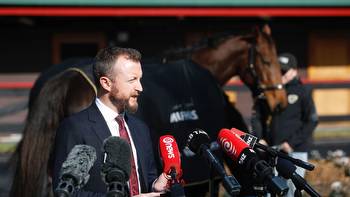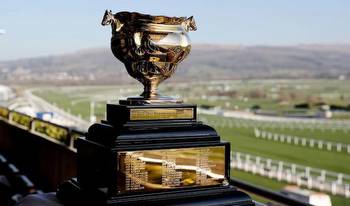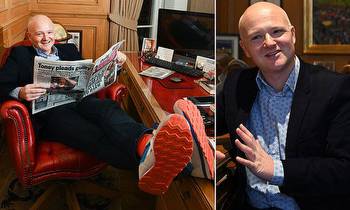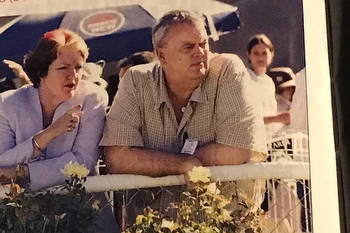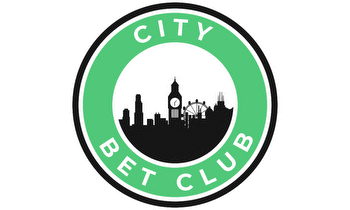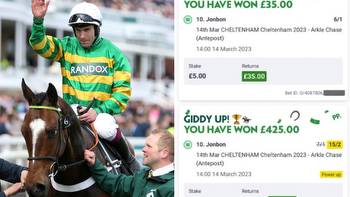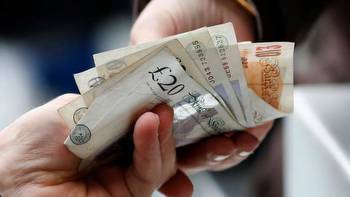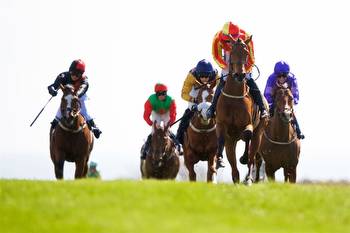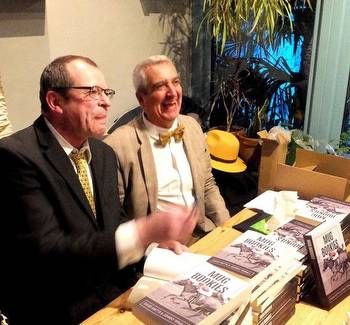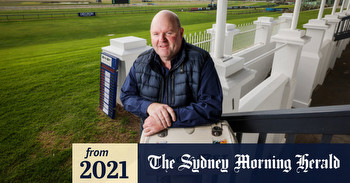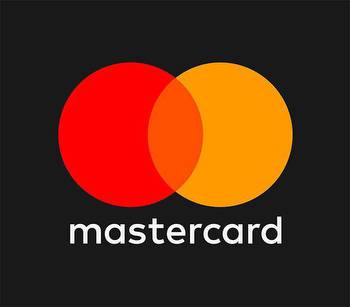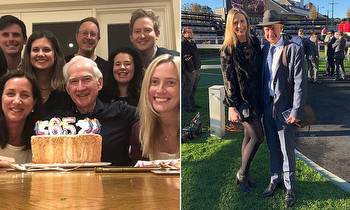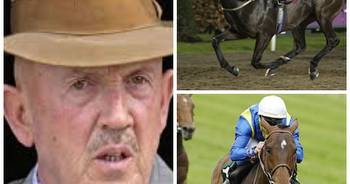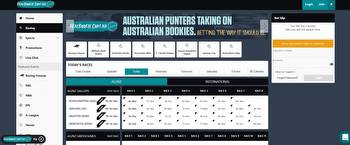'It's one of the only jobs where you can come home worse off'
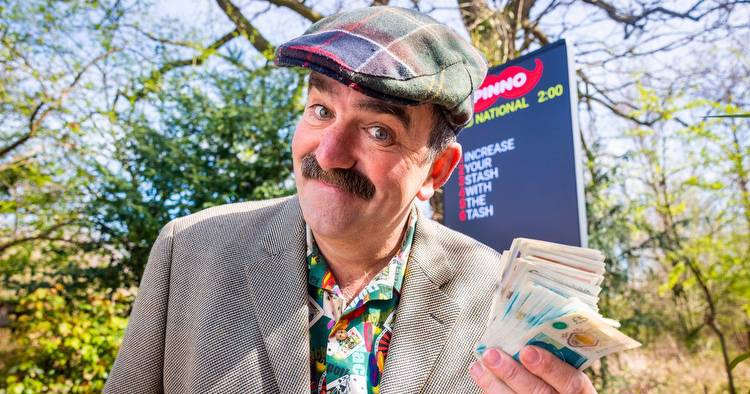
The Grand National weekend may reach its crescendo come 5.15pm on Saturday as the 40 entrants anxiously bunch together for the start of the famous steeplechase, but along the course rails and near the grandstands a different kind of controlled chaos has been in flow since Thursday morning.
“It's a dog eat dog world when you go into the betting ring,” said Barry Pinnington, 58, an on course bookmaker for the last 30 years. While he’s been positioned next to The Chair on many occasions over the years - the most fearsome fence on the course - it is the leaps of faith within the ring that are often the most daring throughout the three day event.
“There's a lot more aggressive on course bookmakers coming into the game who like to have a go and take on the punters,” Barry, born and raised in Chester, told the ECHO, “it does make it a lot more competitive.” His own ‘increase your stash with the tash’ motto and 'Pinno' branding is just one charm among the many fluttering around the ring in a bid to win the crowds over.
He added: “The bottom line is the price. If you put a price on the board you will find a punter.
“If you go bigger than your neighbour, the punter in theory will come to you. But we do have to market our prices generously because there is so much more opportunity now to bet elsewhere if we're not up to the mark.
“Punters who go to the track now and never really had it so good to be honest with you. No more than when you're at Aintree when you've got 116 aggressive bookmakers who are all after that piece of the pie.”
The ‘ring’ or ‘jungle’ is a pretty familiar sight. The tall, alluring boards offering odds on races will stand out to those who’ve attended or watched the Grand National down the years - serving as warning or signal to punters that they are crossing into the realm of seasoned racegoers with serious gift for the gab. Its characters are as much a fabric of the hallowed course as the enormous jumps each horse must tackle.
But the traditional, highly experienced bookies that take up pitches beside the rails and by the grandstand are something of a dying breed, according to Barry. There to whip up a carnival atmosphere over the whole race weekend, they’ve found themselves drawn into the midst of their own ‘betting jungle’ as competition and “buying and selling” pitches has increased.
Previously pitches worked on a “dead man’s shoes basis” said Barry, explaining that one prospective bookie moved into the place of another with some leases held on a near lifetime basis. But the ability to “buy and sell” pitches was introduced around two decades ago and meant some of the established faces could “step back and get out”, with the fewer newcomers less willing to play the long game in the business - meaning margins are tighter and liabilities are higher.
“I play big at Cheltenham, I play big at Aintree,” said Barry, “the bigger meetings I play bigger, because if you get results in you win more. That's my economics, anyway.
For Barry, bookmaking is in the blood. His dad started out as a bookie at Chester dog track in the 1970s and 1980s, with Barry following him to Aintree in the years later where he started to get a taste for the business.
“Aintree, typically on the Saturday, was an amazing day,” said Barry, thinking of the drama that has unfolded from his pitch down the decades. The 1997 bomb scare remains one of the standout memories, even if it seemed more people than horses jumped the fences that day.
“Applying the trade and learning the art of clerking and the whole business about going racing - Aintree was one of the best places to do it,” he said. And it was seeing the other “awe inspiring” bookies and “showmen” that really set things on his path as a “journeyman bookie” who is “here there and everywhere” at meets all across the country.
Barry said: “It's not an everyday job. We're a little bit on the stage, aren't we, as bookmakers. We're on a stool, we're slightly higher than the punter.
“Before I was bookmaking, growing up I was always in awe of the bookmaker standing on the stool. It was awe-inspiring. It was like they were put on a pedestal.”
As for the best days for racing, each day has its own appeals at Aintree for bookies and those looking for a slice of the action in the ring. “Friday is generally the best day [to be a bookie] because you get your coach loads and the racing is good,” said Barry.
He added: “By National day, there's a lot of recreational punters going for the day out. Names, colours, a grey, the jockey, a lot of different anomalies to the different days at Aintree - that's what makes it so special.”
While the job comes with its stage, its crowds and its high risk and reward, life in the betting jungle isn’t as glamorous as it might appear. “It's hard work,” said Barry, noting how he lugs his gear to dreary and sodden mid-week meets between the glamour of Aintree and other highlights in the racing calendar.
“It's a great profession when you're coming home better off," said Barry, "but [it can be one of] the only professions where you're going out [to work] and you come back worse off."
